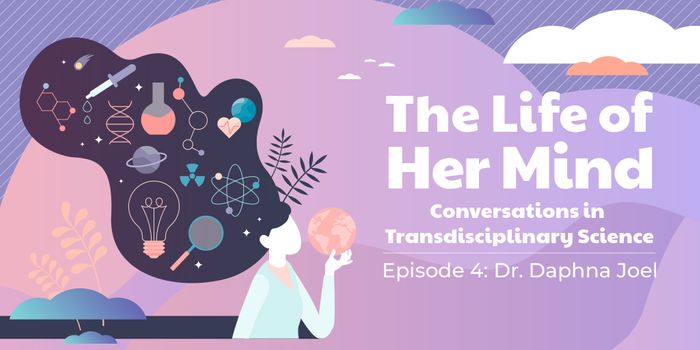The American Heart Association recommends no more than 2,300 milligrams of salt a day with the ideal salt consumption capped at 1,500 milligrams a day. This translates to 1 teaspoon or less of salt a day. Surely, then, you won't be surprised to learn that most Americans exceed this limit. We like our foods to be flavorful, and salt is often the solution for blandness.
But what happens when we consistently consume too much salt? When you consume salt, thirst signals get activated, compelling you to drink more water to dilute the sodium in the blood. But over time, water retention in the body can lead to high blood pressure - a condition that puts stress on vital organs like the heart and kidneys.
That's not to say that we don't need salt at all. In fact, the body relies on a small amount of salt for proper transmission of nerve impulses and to regulate blood pressure. But this amount is quite small at less than 500 milligrams a day.
Some processed foods don't necessarily taste salty, but could contain way more sodium than you need in each serving. So next time, pay attention to the amount of salt that you consume.








